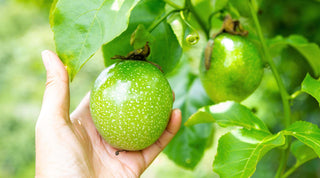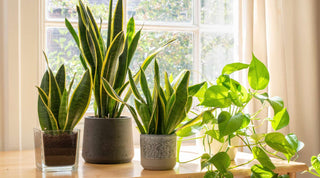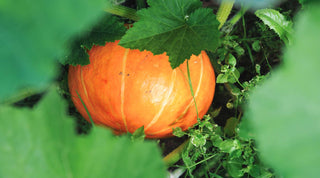Today, we're delving into the world of organic pest control, offering you eco-friendly and sustainable solutions to keep your garden thriving and pest-free.
Welcome to the green side of gardening, where we embrace nature's wisdom in dealing with pesky intruders.

Understanding Pests in Your Garden
Before launching a battle against pests, it's crucial to understand who they are and why they're visiting your garden. Common garden pests include aphids, caterpillars, slugs, and beetles. Often, they're attracted to stressed or weak plants. A healthy garden ecosystem, rich in biodiversity, can naturally reduce the pest population.
Organic Pest Control Strategies
-
Encourage Beneficial Insects: Nature has its own pest control agents. Ladybugs devour aphids, while lacewings feed on a variety of pests. Attract these beneficial insects by planting nectar-rich flowers like marigolds and lavender.
-
Neem Oil: Extracted from the neem tree, neem oil is an effective, natural pesticide that disrupts the life cycle of pests without harming beneficial insects. It’s safe for use on almost all plants and works against a wide range of pests.
-
Diatomaceous Earth: This fine powder, made from fossilized algae, is a non-toxic option that can be sprinkled around plants. It’s effective against soft-bodied pests like slugs and aphids, causing them to dehydrate and die.
-
Companion Planting: Certain plants can repel pests naturally. For example, planting garlic near roses can deter aphids, while basil alongside tomatoes wards off flies and mosquitoes.
-
Homemade Insecticidal Soaps: Mix a mild liquid soap with water and spray it on pest-infested plants. This solution suffocates soft-bodied pests like aphids and spider mites.
-
Physical Barriers: Floating row covers or netting can physically block pests from reaching your plants. This method is particularly effective against birds and larger insects.
- Manual Removal: Sometimes, the simplest method is to pick pests off by hand. This is often effective for larger pests like caterpillars and beetles.
Maintaining a Healthy Garden Ecosystem
A balanced ecosystem is key to natural pest control. Encourage a diverse garden with a variety of plants. Healthy, well-nourished plants are less likely to succumb to pest invasions. Regularly check your plants for early signs of pest activity and address them promptly.
Organic Pesticides: A Last Resort
While there are several organic pesticides available, they should be used as a last resort. Overuse can disrupt the natural balance of your garden and harm beneficial organisms. When needed, opt for organic options like pyrethrin or insecticidal soaps.
Conclusion
Organic pest control is about working with nature, not against it. By understanding the ecosystem of your garden and utilizing these natural methods, you can maintain a healthy, thriving garden without the need for harmful chemicals. Remember, a few pests are part of a natural garden. The goal is balance, not eradication.



